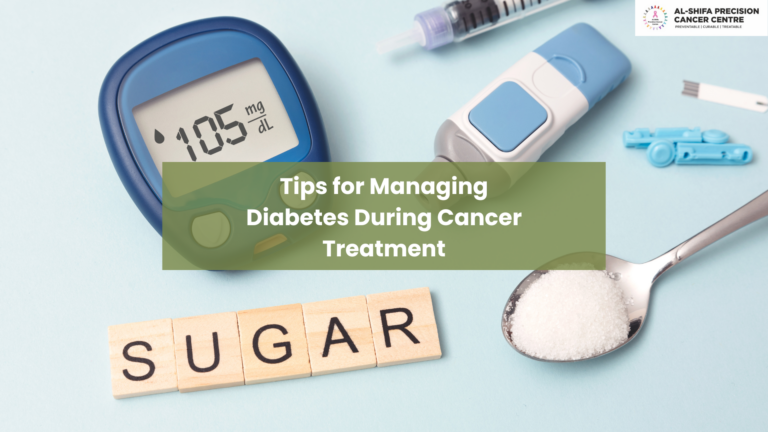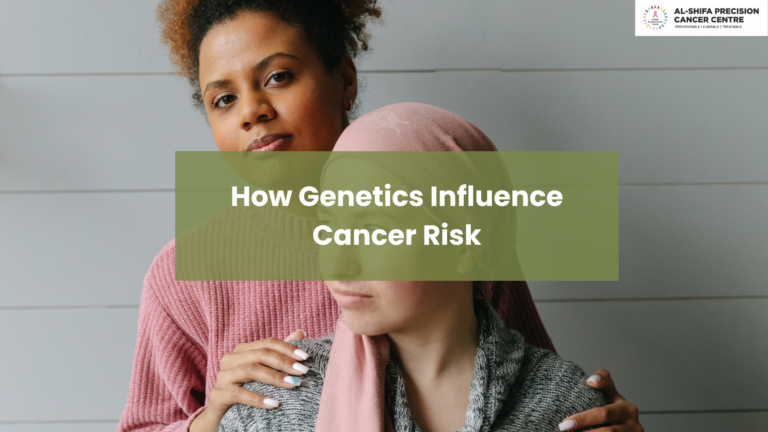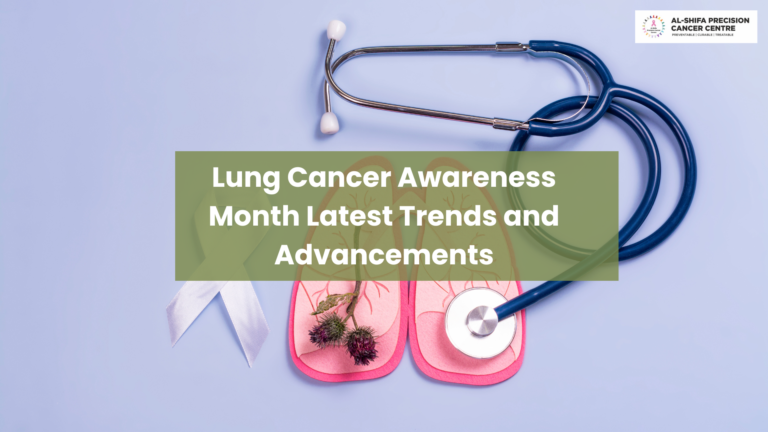Chemotherapy: Things You Didn’t Know
Chemotherapy is one of the most commonly used treatments for cancer, but many misconceptions surround it. While it is a powerful weapon in the fight against cancer, patients and caregivers may not always fully understand how chemotherapy works, what to expect, and its side effects. In this blog, we’ll uncover key facts about chemotherapy that you might not know, ensuring you’re better informed before embarking on treatment.
Chemotherapy Doesn’t Just Kill Cancer Cells
While chemotherapy is designed to target and destroy cancer cells, it also affects healthy cells. However, modern chemotherapy drugs are increasingly designed to be more targeted, minimizing the impact on healthy tissue. Advances in chemotherapy, like precision medicine and personalized treatment plans, allow doctors to customize therapies that are more effective and less harmful to normal cells, reducing side effects significantly.
Chemotherapy Can Be Administered in Different Ways
Chemotherapy is not just a pill you swallow or an IV drip. It can be administered through various methods, including oral tablets, injections, and even localized delivery for specific cancers like brain or bladder cancer. This flexibility allows oncologists to tailor treatments based on the type and location of cancer, as well as the patient’s health status.
Side Effects Are Manageable with Modern Treatments
One of the most common concerns about chemotherapy is the side effects. While hair loss, nausea, and fatigue are common, they’re not inevitable. Thanks to advances in supportive care, oncologists can now offer medications that help mitigate nausea, reduce pain, and prevent infections. Some treatments even allow for hair regrowth during the chemotherapy course, a significant improvement over older practices.
Chemotherapy Affects Cancer Differently in Each Person
Cancer is a complex disease, and chemotherapy works differently for everyone. Factors like the cancer type, stage, and the patient’s overall health determine how chemotherapy works. Some people may experience minimal side effects and great results, while others may require adjustments to their treatment plan. This is why chemotherapy is often personalized to each individual’s needs.
Chemotherapy Is Not the Only Option
Although chemotherapy is widely used, it is just one part of cancer treatment. For some cancers, surgery, radiation, or immunotherapy may be more effective or combined with chemotherapy for optimal results. Your oncologist will always work with you to develop the best course of action based on your specific cancer type and health conditions.
Conclusion
Chemotherapy remains one of the most effective treatments for cancer, but it’s important to know that it’s not a one-size-fits-all solution. Understanding how chemotherapy works, its potential side effects, and the personalized nature of cancer treatment can help you make informed decisions. Always consult with your oncologist to explore all available options.



